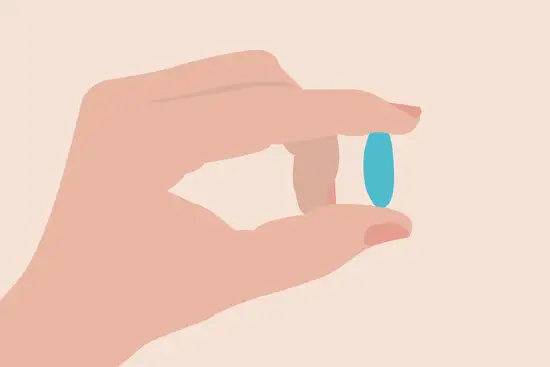
buy sleeping tablets can be a beacon of hope for those who struggle with insomnia, but finding the right one can be daunting. With a myriad of options available, it’s essential to understand which pills align with your sleep concerns and personal health factors. This guide navigates you through the top sleeping aids of the year, allowing you to understand the differences and identify your potential perfect match.
Assess Your Sleep Needs and Health
Before choosing a sleeping pill, reflect on what’s causing your sleepless nights. Stress, caffeine consumption, and underlying health conditions could be culprits, making lifestyle changes and therapy the first line of defense. However, if you’re experiencing chronic insomnia, over-the-counter (OTC) or prescribed medications might be needed.
It’s pivotal to assess your overall health. Some sleeping pills, particularly those from the benzodiazepine family, are not recommended for those with a history of addiction or respiratory issues. Always consult a healthcare professional for personalized advice tailored to your health profile.
Introducing the Best Sleeping Pills of 2023
The latest prescription sleeping pills on the market offer a range of options for various sleep disorders. Here are the top contenders for the year:
- Ambien (Zolpidem)
This well-known sedative is a quick-acting drug that is prescribed for short-term use for those who have difficulty falling asleep. It works on the brain to produce a calming effect and can help those who suffer from specific sleep-onset insomnias.
- Lunesta (Eszopiclone)
Similar to Ambien, Lunesta is effective for people who have trouble falling asleep. It falls under the category of sedative-hypnotics, working on the GABA receptors in the brain to produce a calming effect.
- Belsomra (Suvorexant)
Breaking the mold of traditional sleeping pills, Belsomra affects the wake-promoting system. It targets orexin—a neurotransmitter involved in wakefulness—and hails as a non-narcotic option for insomnia therapy.
Over-the-Counter (OTC) Options
If your sleep troubles are less severe, OTC sleep aids can provide a safe, cost-effective solution. Here are the top non-prescription options for mild sleep disturbances:
- Melatonin Supplements
Melatonin is a hormone that regulates the sleep-wake cycle. Supplementing with melatonin pills can be effective for jet lag and as an occasional sleep aid. However, it’s less effective for chronic insomnia, and the right dosage and timing are crucial.
- Diphenhydramine (Benadryl)
This antihistamine is the active ingredient in many OTC sleep aids. While it can provide short-term relief for insomnia, it’s not recommended for long-term use due to potential side effects, such as next-day drowsiness and cognitive impairment.
Natural Sleep Supplements
For those who prefer a more holistic approach, natural supplements are worth exploring. Options like lavender essential oil, valerian root, and chamomile teas have been used for centuries to promote relaxation and sleep:
- Lavender Essential Oil
Inhaling the scent of lavender has been shown to improve sleep quality and can be used in a diffuser or applied topically after dilution.
- Valerian Root
Valerian is an herb that’s been used for centuries. It may improve sleep quality and help one fall asleep faster. It’s available as a supplement or as a tea.
Understanding Your Body’s Response
Once you’ve chosen a sleeping pill, it’s essential to monitor how your body responds. Take note of how the medication affects your sleep patterns and daytime functioning. If you experience severe side effects, such as memory impairment or worsened insomnia, consult your doctor for an alternative.
Remember, sleeping pills are not a cure for insomnia but a tool to manage symptoms. Combining medication with healthy sleep habits like maintaining a regular sleep schedule and creating a calming bedtime routine can optimize their effectiveness.
In Conclusion
Finding your perfect sleeping pill match is a process of understanding your needs, health profile, and the available options. Whether you opt for prescription medication, OTC sleep aids, or natural supplements, the ultimate goal is restorative sleep without compromising your health or well-being.
Always approach sleep medication with caution and informed decision-making. Your sleep is a significant factor in your overall health, and it deserves the right approach. This year, take the time to find the solution that works for you, and experience the transformation that improved sleep can bring to your life.

